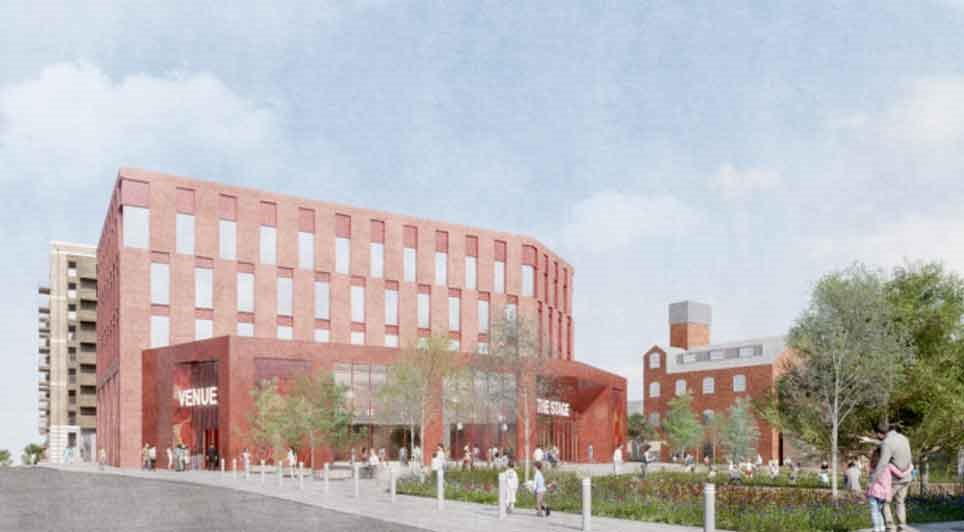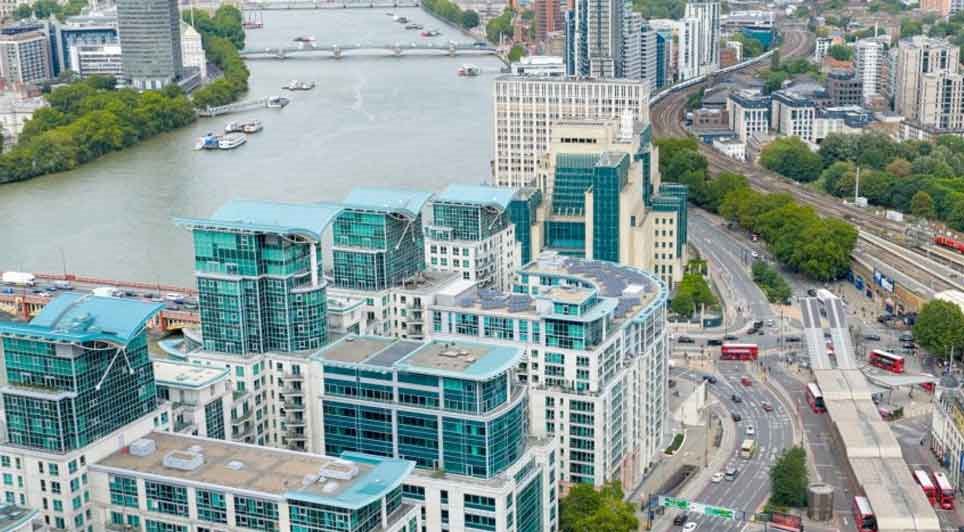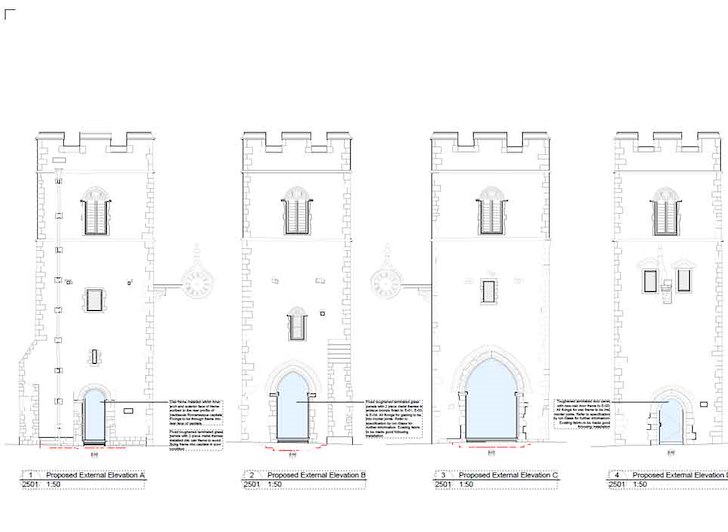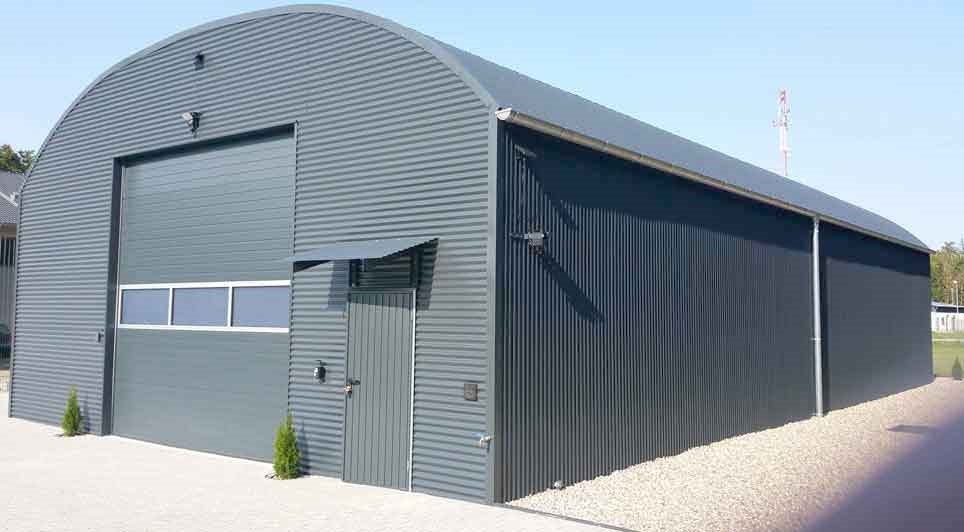Communities Minister Andrew Stunell has welcomed a boost in the Display Energy Certificate (DEC) rating for Eland House - leading to a £300,000 saving on the annual energy bill for the Department for Communities and Local Government.
He praised staff for their efforts to reduce energy usage and contribute to the ongoing Government drive to reduce CO2 emissions by 10 per cent over the year.
The building - the Department's headquarters - has been awarded a D grade, an improvement on last year's E grading and its notional G grade in 2006/7. The Minister described this as "a great achievement" for a 'prestige' office building that relies on mechanical heating, cooling and ventilation - and has transformed what was once one of the least energy efficient buildings in Whitehall.
As one of the Departments who lead in the area of building regulations and energy conservation, the measures put in place are saving the tax-payer thousands of pounds and providing an example of how public and private institutions can 'invest to save'. The savings on gas and electricity bills this year compared to 2006/7 are over £300,000 despite the rising cost of energy during this period.
However, the department will be continuing to look for further savings. In the last twelve months a range of measures have been introduced in line with advice from the DEC to help meet lower energy use and CO2 targets - including installing more efficient lighting, aligning heating and cooling provision with Cabinet Office recommendations and by staff adopting lower carbon behaviours such as turning off office equipment when not in use.
In addition, last year an online tool was launched so members of the public can at the click of a mouse see the energy use by the Department for Communities and Local Government for the first time.
This is part of wider efforts to improve the energy efficiency of both domestic and commercial properties.
In December, Mr Stunell outlined a programme of work to improve the system of building regulation in England, reducing burdens on builders and making it easier and cheaper for them to comply. In particular, there will be a revision of regulations relating to the conservation of fuel and power, delivering the necessary steps towards zero carbon buildings.
And in May, the Government published its proposals for a definition for the Zero Carbon Homes standard - the standard to which all new homes started after 2016 must be built.
(CD/GK)
 UK
UK Ireland
Ireland Scotland
Scotland London
London





















